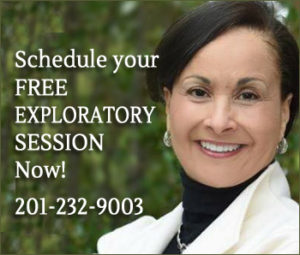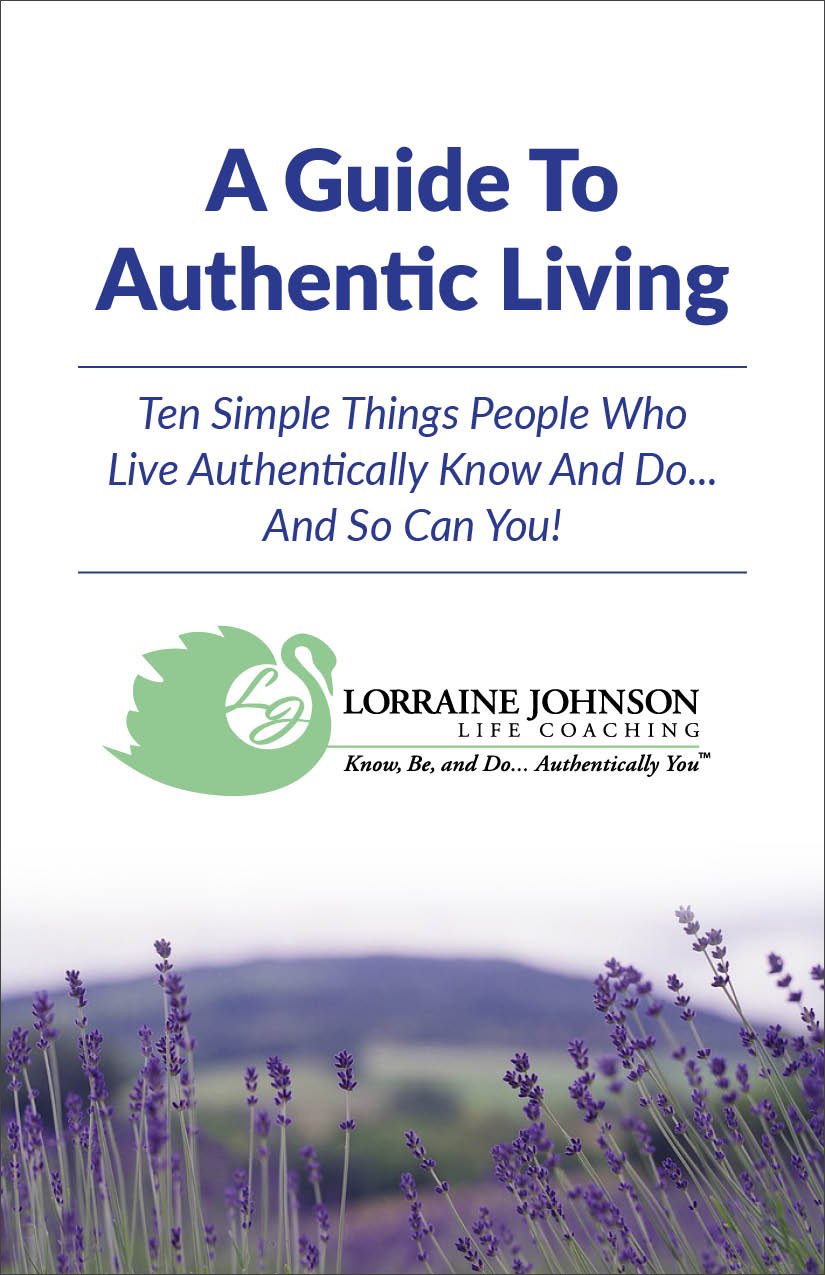How Knowing Your Intentions Can Help Determine Your Behavior

Many of us who are on a spiritual path and doing our work tend to grapple with seemingly trite and strange questions to those who are less inclined to be as introspective. My client, Dean was in such a place several years ago.
Dean’s a really good guy, sometimes, too good for his own good. He’s kind, compassionate, good-natured and always available for others without being asked. He’s been known to show up on a friend’s doorsteps with his tools when he knows they’re spending the weekend doing a DIY (Do It Yourself) project around the house or fixing their car themselves to save money. He has a kind of empathy and sympathy rare in today’s world.
He sought coaching to work through some major career transitions. In the course of our time together he brought up another difficult transition that was frustrating him; a sense of self-created isolation from his friends and the guilt it was causing him.
When Life Shows Up, Reality Strikes
Due to the sudden death of his father and the onset of a life-threatening illness of his mother, Dean found himself needing some emotional
Ask Yourself The Right Questions
“That depends…what are your intentions in spending less time with them,” I asked? “I am starting to think we stayed friends out of habit and longevity,” he mused. “It’s different from when we were kids…I guess we’ve all changed and I just never saw it.” I explained that as we grow, evolve, and change so do our, values, needs, wants, and so does what we’re willing to tolerate. Sometimes these shifts take place abruptly being caused by an incident and sometimes so slowly, we don’t even see the shift happening until it’s right in our face. “I don’t want to be a vindictive person, but maybe I’m too close to it to be objective, so am I being vindictive,” he pressed for my answer. Again, I asked, “What is your intention in not being around these people?” After a few long moments of thinking, he answered, “I just don’t like who they’ve become… it’s like I am suddenly seeing all kinds of behavior I overlooked or didn’t notice before and I can’t overlook it anymore. It just makes me uncomfortable to be around them and then I feel hypocritical trying to force it,” he said. “If you’re avoiding them to protect yourself from that discomfort, it isn’t vindictiveness, it’s self-protection.” If you’re avoiding them out of revenge and to hurt them for hurting you as a means of punishment, it’s vindictive,” I explained, adding, “So, what you label it is up to you and depends on how you answer that question.”
Making Space For The New
It’s not unusual to see what we want to see and overlook small indications of undesirable personality traits in those we care for. It’s also easy to get lulled into a false sense of who people are, but when the undesirable traits hit the tipping point and become intolerable, sometimes we have to spend less time with them and sometimes we have to stop spending time with them altogether for our own sense of health and wellbeing. It’s called outgrowing the relationship. It happens with friendships, marriages, families, and colleagues. It isn’t fun and it isn’t easy to navigate. Just because you’re growing, it doesn’t mean everyone around you is. If you’re feeling the need to downshift or shift out of a relationship it’s always important to ask yourself, “Am I doing this out of revenge or self-protection,” as I had Dean do. If the answer is that it’s time for you to alter the relationship, then go about it in a way that is the least hurtful to all involved, including you.
As for Dean, he was relieved to know there was no need for him to feel guilty because he wasn’t behaving vindictively. He is still friends with his childhood buddies, but the relationship has shifted. He expects less of them, spends much less time with them, and is much more discerning about how he is available for them. He successfully changed careers, which involved further schooling, both of which enabled him to meet new people, make new friends, and eventually meet his lovely new wife.
Are you struggling with outgrowing a relationship? Could you use some help seeing it objectively? Schedule your FREE EXPLORATORY SESSION here. I promise, there will be no hard sell. I have no personal attachment to the outcome of our conversation beyond your feeling better for our having had it. For more information about living authentically, click here and get your FREE copy of my “GUIDE TO AUTHENTIC LIVING: Ten Things People Who Live Authentically Know And Do…And So Can You.”



